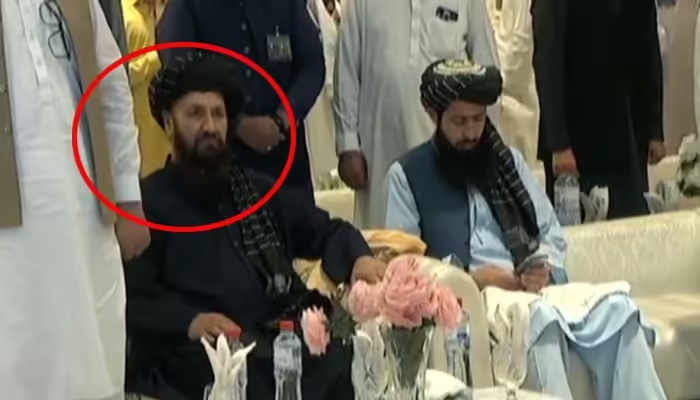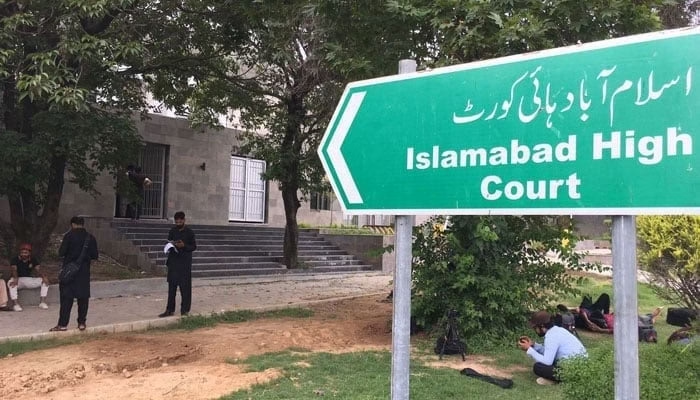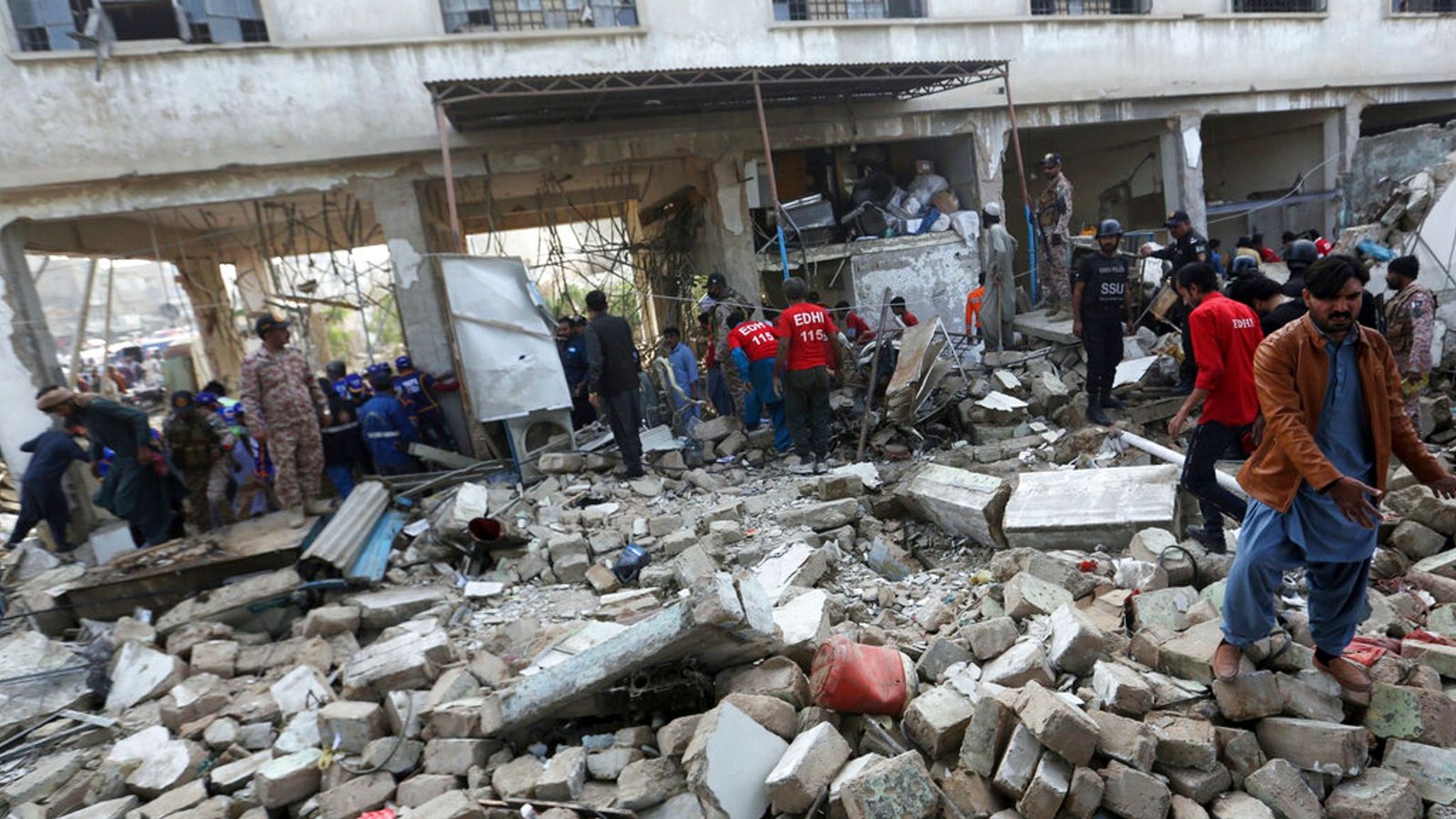The recent Falak Javed arrest has once again drawn national attention to the growing tensions between the Pakistan Tehreek-e-Insaf (PTI) party and law enforcement authorities. On Saturday, Lahore police formally arrested PTI social media activist Falak Javed in another case, this time on charges of attacking Islamabad Capital Territory (ICT) police personnel during a raid at Zaman Park. The incident adds a new layer to the already complex political and legal challenges faced by PTI members across the country.
According to police officials, Falak Javed was presented before an anti-terrorism court (ATC) in Lahore, where authorities requested her custody. The court approved the police’s plea after being informed that she was nominated in an FIR registered at the Race Course police station. Earlier the same day, she had been sent to jail on remand in two separate cases involving alleged misuse of social media platforms against state institutions and a provincial minister.
This Falak Javed arrest comes amid a broader crackdown on PTI’s digital and media teams. The National Cyber Crime Investigation Agency (NCCIA) produced her before a magistrate after her previous remand expired. Following a review of case documents, the court sent her to jail on a 14-day remand. Officials claim that her online activities violated cybercrime laws, though PTI members argue that the move reflects political retaliation rather than legal accountability.
In September, law enforcement agencies raided an Islamabad apartment linked to a senior PTI lawyer, where Falak Javed was reportedly arrested. Her detention has sparked significant debate among political observers and human rights advocates who question the transparency of the ongoing investigations.
Over the past year, Pakistan has witnessed an increase in arrests related to political social media activity. According to data compiled by digital rights organizations, there has been a 35% rise in reported cases of social media users being detained or investigated for online speech in 2024. This highlights growing concerns about digital freedom and political expression in the country.
The Falak Javed arrest underscores how digital activism has become a battleground between political parties and the state. As authorities continue to pursue online critics, the case raises broader questions about the limits of free speech, accountability, and political dissent in Pakistan’s digital era. Whether her arrest leads to conviction or acquittal, it has already intensified the debate over how far the state should go in regulating political expression online.



